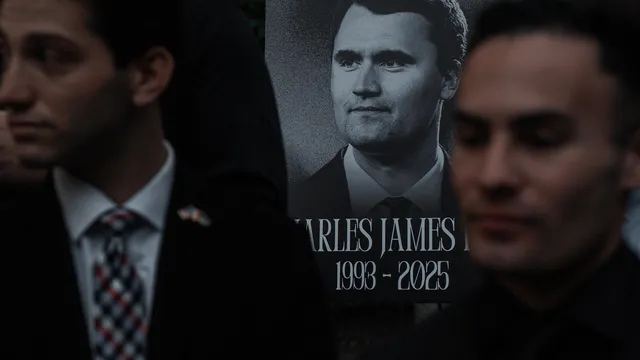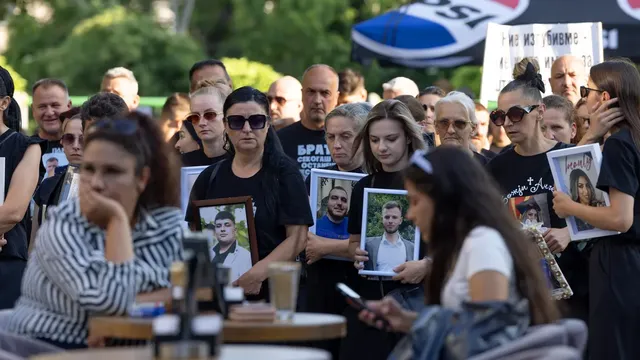In Spain and Portugal, power was cut, trains stopped, mobile phones and internet networks were down, roads were blocked, and people were trapped in elevators before electricity was restored in some areas hours later.
Spanish Prime Minister Pedro Sánchez said after an emergency government meeting on the situation that "we have no conclusive information on the causes of this outage."
He said that no hypothesis could be ruled out, warning the public "not to speculate" due to the risk of "misinformation."
In Madrid and elsewhere, customers rushed to withdraw cash from banks, and streets were filled with crowds trying in vain to get a signal on their mobile phones. Long queues formed for taxis and buses. Some people were trapped in elevators or garages.
As a precautionary measure, tennis matches at the Madrid Open were canceled until the end of the day.
Police tried to regulate traffic on roads that were gridlocked and traffic lights were turned off. Authorities urged drivers not to take to the roads, but communication channels were limited.
Spanish rail operator Adif said trains had been stopped across the country.
Spanish nuclear power plants also automatically shut down as a precautionary measure, with diesel generators keeping them in a "safe state," according to a statement from the Spanish Nuclear Safety Council (CSN).
Sánchez said that the power outage, which occurred at 12:30 p.m. local time, caused "serious disruption" for millions of people and "economic losses for businesses, companies, and industry."
However, the prime minister explained that network technicians were working to resolve the "problem as soon as possible." He added that some parts of northern and southern Spain were already receiving electricity thanks to interconnections with France and Morocco.
Sánchez urged people in Spain to limit their use of mobile phones to avoid overloading the network. He stressed that "telecommunications are now at a critical moment."
The European Commission said it was in contact with Spain and Portugal regarding the situation. European Council President Antonio Costa wrote on Twitter: "There is no evidence of a cyberattack."
The head of operations at Spanish grid operator Red Electrica, Eduardo Prieto, said repair work was underway but that it would take between six and ten hours to restore power across the country "if all goes well."
Portuguese operator REN reported that the entire Iberian Peninsula was affected, with 48 million people in Spain and 10.5 million in Portugal.
The massive power outage disrupted flights to and from Madrid, Barcelona, and Lisbon, the European air traffic control agency Eurocontrol said. It added that it was too early to say how many people would be affected.
Southwestern France was also briefly affected, but power was quickly restored there, France's high-voltage grid operator RTE said.
Transport chaos also engulfed Spain's second city, Barcelona, where locals and tourists flooded the streets trying to figure out what had happened.
Photos posted on social media showed metro stations in Madrid plunged into darkness with trains stopped, and people in offices and corridors using the light from their phones to see.
Internet monitoring site Netblocks said the power outage had caused "a loss of much of the country's digital infrastructure." According to the site, internet connections were down to just 17% of normal usage.
The Spanish newspaper El País reported that hospitals were using backup generators to keep critical departments running, but some other departments were left without power.
In recent years, massive power outages have also affected other countries around the world.
Huge outages affected Tunisia in September 2023, Sri Lanka in August 2020, and Argentina and Uruguay in June 2019. In July 2012, India experienced a massive power outage.
In Europe, in November 2006, 10 million people were left without electricity for an hour in France, Germany, Belgium, the Netherlands, Italy, and Spain. This was caused by a fault in Germany's power grid. | BGNES

 Breaking news
Breaking news
 Europe
Europe
 Bulgaria
Bulgaria







